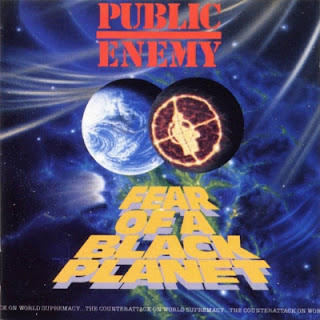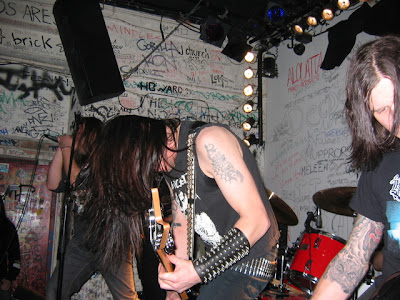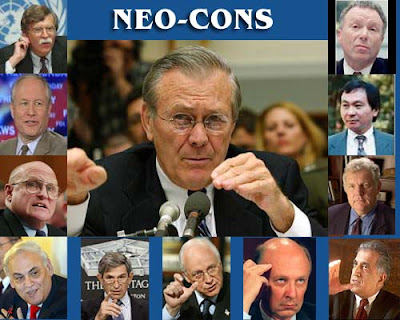>Oswald Spengler answered that with the following text, originally published in Cosmopolitan 1936:
“The question whether world peace will ever be possible can only be answered by someone familiar with world history. To be familiar with world history means, however, to know human beings as they have been and always will be. There is a vast difference, which most people will never comprehend, between viewing future history as it will be and viewing it as one might like it to be. Peace is a desire, war is a fact; and history has never paid heed to human desires and ideals.
Life is a struggle involving plants, animals, and humans. It is a struggle between individuals, social classes, peoples, and nations, and it can take the form of economic, social, political, and military competition. It is a struggle for the power to make one’s will prevail, to exploit one’s advantage, or to advance one’s opinion of what is just or expedient. When other means fail, recourse will be taken time and again to the ultimate means: violence. An individual who uses violence can be branded a criminal, a class can be called revolutionary or traitorous, a people bloodthirsty. But that does not alter the facts. Modern world-communism calls its wars “uprisings,” imperialist nations describe theirs as “pacification of foreign peoples.” And if the world existed as a unified state, wars would likewise be referred to as “uprisings.” The distinctions here are purely verbal.
Talk of world peace is heard today only among the white peoples, and not among the much more numerous colored races. This is a perilous state of affairs. When individual thinkers and idealists talk of peace, as they have done since time immemorial, the effect is always negligible. But when whole peoples become pacifistic it is a symptom of senility. Strong and unspent races are not pacifistic. To adopt such a position is to abandon the future, for the pacifist ideal is a static, terminal condition that is contrary to the basic facts of existence.
As long as man continues to evolve there will be wars. Should the white peoples ever become so tired of war that their governments can no longer incite them to wage it, the earth will inevitably fall a victim to the colored men, just as the Roman Empire succumbed to the Teutons. Pacifism means yielding power to the inveterate nonpacifists. Among the latter there will always be white men — adventurers, conquerors, leader-types — whose following increases with every success. If a revolt against the whites were to occur today in Asia, countless whites would join the rebels simply because they are tired of peaceful living.
Pacifism will remain an ideal, war a fact. If the white races are resolved never to wage war again, the colored will act differently and be rulers of the world.”

…THE COUNTERATTACK ON WORLD SUPREMACY…THE COUNTERATTACK ON WORLD SUPREMACY…













